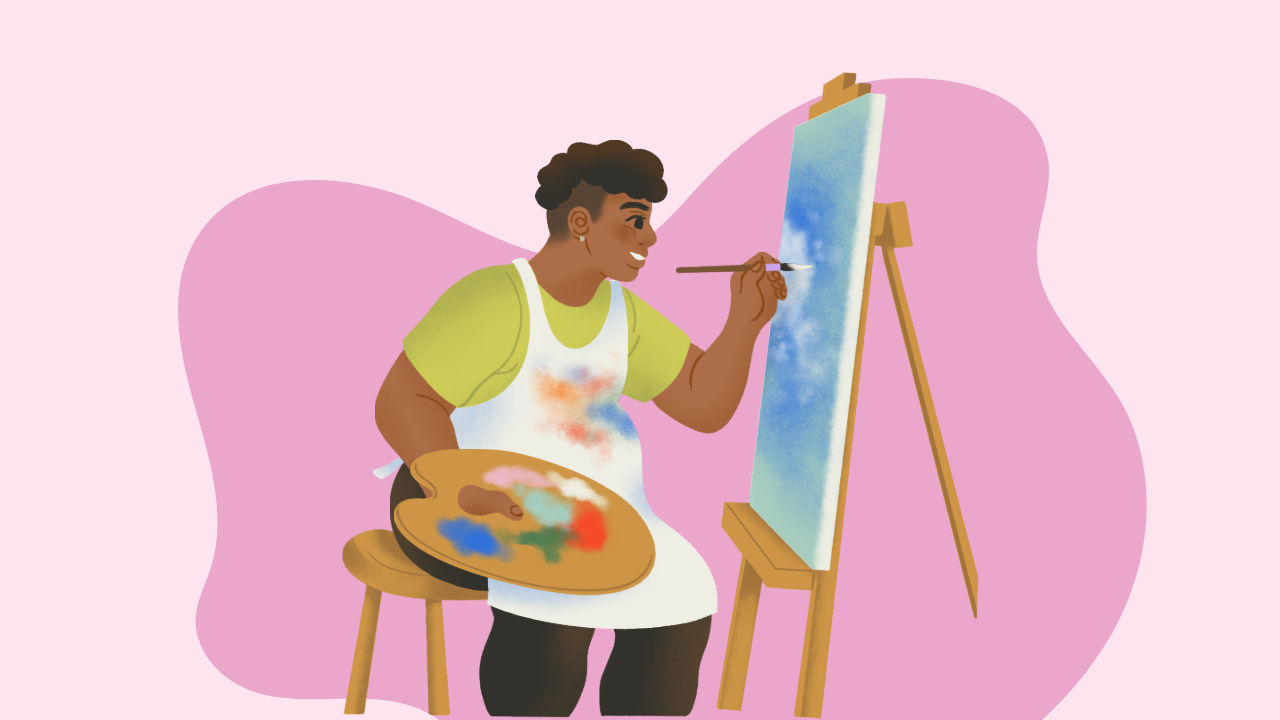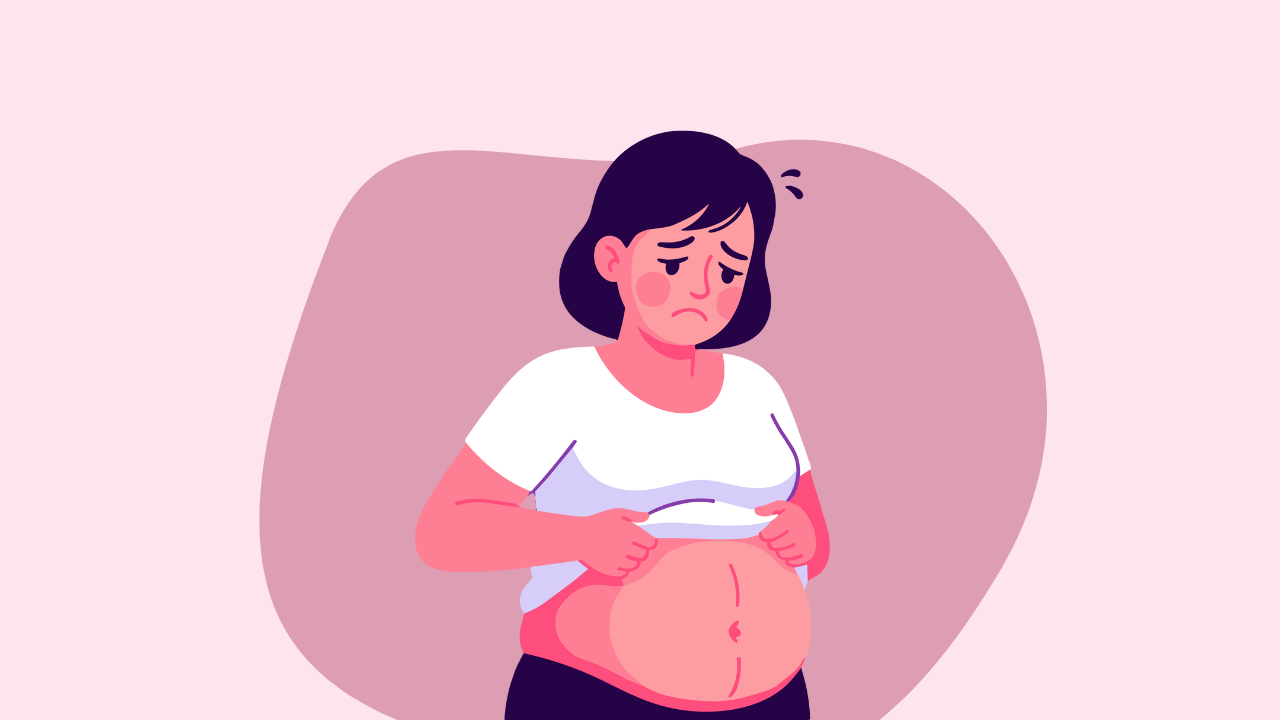What If You’re Adopted and Don’t Know Your Cancer History

When you’re adopted, people love to ask if you’ve ever met your biological family. But they rarely ask what it’s like to go to the doctor and leave the family history section blank. That silence isn’t just awkward, it can feel like a dead end—especially when it comes to your breast health.
Knowing your family’s cancer history can help determine what kind of care or screenings you need. But if you don’t have access to that history, there’s still a lot you can do to learn about your risk and advocate for yourself.
Start with what you know
Your personal history is still a valuable starting point. Try gathering the following details:
-
Your menstrual history. When did your period start? If it has ended, how old were you at the time? These milestones impact breast cancer risk. The longer your body has been exposed to estrogen, the higher the risk may be.
-
Your birth environment. Do you know where you were born? Which city, hospital or part of the country? Local environmental factors—like radiation exposure or pollution—can influence cancer risk. If you’re unsure, your original birth certificate or adoption records might provide some context.
-
Your ancestry. Even if you don’t know your biological relatives, do you have a general idea of your ancestry? People of Ashkenazi Jewish descent, for example, are more likely to carry certain inherited gene mutations like BRCA1 or BRCA2. Direct-to-consumer DNA tests can give you a broad ancestry breakdown, which may be helpful to share with your doctor.
Once you have that information—or if you need help finding it—bring it to your provider. Ask them what testing makes sense for you. A simple conversation could open the door to more personalized care.
Then consider your personal health history
Even without a known family history, other risk factors still matter. Talk to your doctor about:
-
Whether you’ve had breast biopsies or abnormal imaging
-
Whether you’ve received radiation to the chest, especially at a young age
-
Whether you’ve been on long-term hormonal treatments, including birth control or hormone therapy
-
Whether you’ve been told you have dense breast tissue
According to the CDC, these factors alone may qualify you for earlier or more frequent screening.
Ask if genetic testing is appropriate
You don’t need a big family tree to qualify for clinical genetic testing. If you’ve had any of the personal risk factors above, or even if you’re just adopted and don’t have access to medical history, that can be enough reason to consider it.
Genetic testing can identify mutations linked to higher breast cancer risk, and if a mutation is found, you can make a plan with your care team that reflects your values and priorities.
You’re not behind—you’re just starting from a different place
You don’t need to have all the answers. You just need to start asking the right questions. Take notes. Keep track of your screenings. Ask your doctor to explain what they’re recommending and why. Build a relationship with your provider so that when things come up, you’re not starting from zero.
Being adopted may shape your experience, but it doesn’t define what kind of care you deserve. You still get to advocate for your health. You still get to take action. And you still get to be informed—even if it means creating your own roadmap.







